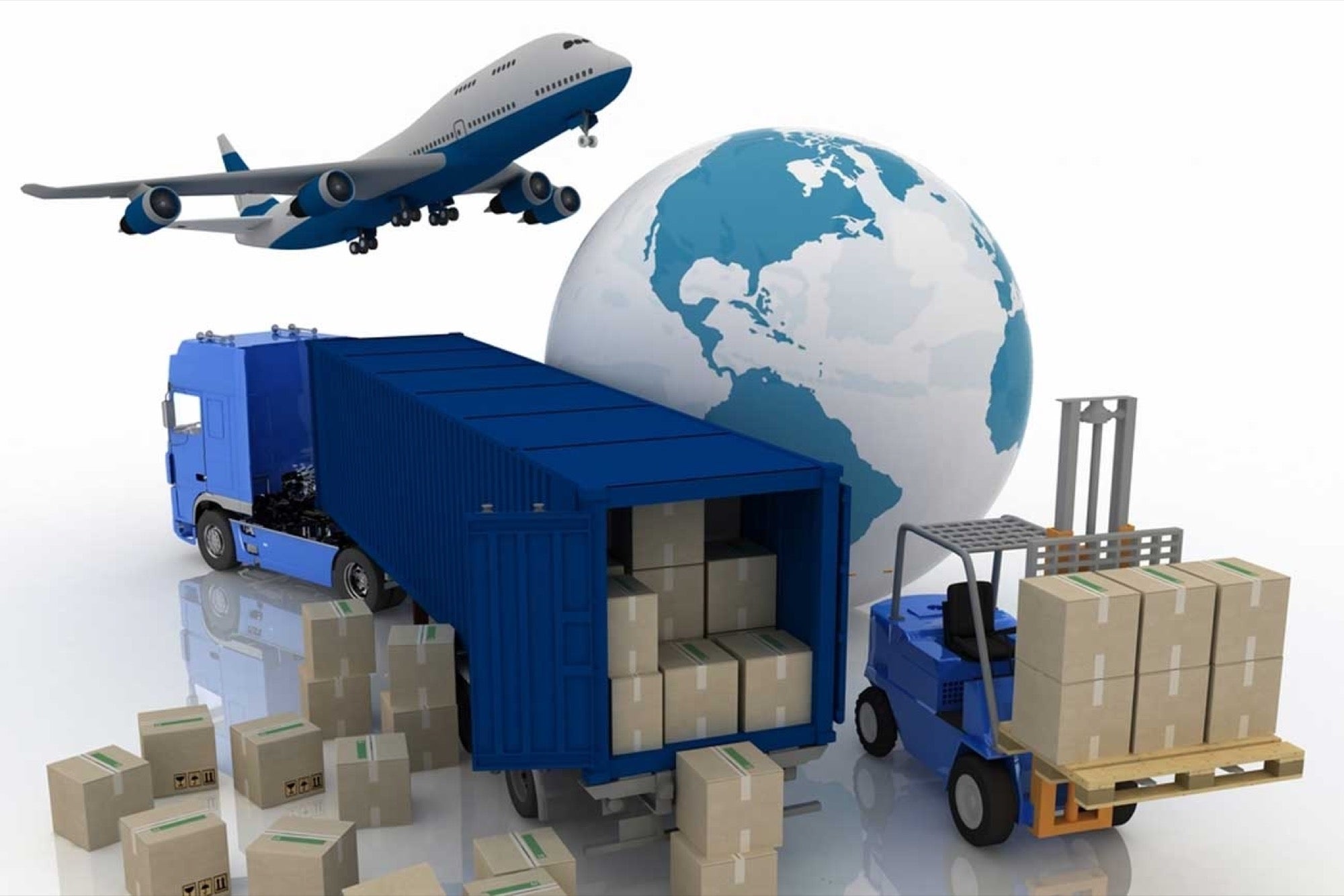5 Disruptive Forces Responsible for the Evolution of Logistics Industry From Geo-Fencing to Door-step delivery these are the things that you need to know
Opinions expressed by Entrepreneur contributors are their own.
You're reading Entrepreneur India, an international franchise of Entrepreneur Media.

Logistics the sector is going through an exceptional transformation with massive digitalization and continually evolving customer demands. Compared to even half a decade ago, technology has unrecognizably altered every facet of operations in the logistics industry. Innovative technologies are sanctioning greater competence and more collective working models. New players, whether start-ups or off-shoots of existing industry customers and suppliers are shaking up the zone too. Even government involvement and ease of operational flows between regions and territories are also influencing the sector.
Some key disruptive forces that are instrumental in the evolution of the logistics industry are:
1. Growing Trend of Online Shopping in Tier 2 & 3 Cities
Rapid and deep internet penetration has exponentially expanded the reach of e-commerce in tier-2 & tier 3 cities in India in a very short time. With more people buying online from interiors, logistics industry had to necessarily evolve to cater to the growing demand. The evolution in logistics and delivery industry are aligned to not only buyers; they extend to assimilate millions of sellers too located in tier 2 and tier 3 areas Encouragement to digital India the initiative has led to more and more people accessing the internet and gaining digital literacy, increased use of mobile and smartphones, thus, encouraging the masses to explore the online marketplace. This, in turn, has led to manifold business avenues for the logistics industry-leading them to adopt processes, operations, and strategies in line with their customer needs.
2. Evolution Lead by IT & Technology
Advancements in IT and technology have enabled new forms of business models which were otherwise unimaginable. These new business models have changed the very landscape of stakeholders in the logistics industry giving an immense impetus to micro-entrepreneurship. IT advancements continue to bring changes in the industry. For example, over-the-road challenges such as surging demand amidst driver shortages may soon be addressed by profound technological advancements.
3. On-demand Logistics Model
The adoption of the on-demand model in the logistics industry helps serve consumer satisfaction. It also helps in optimum utilization of resources as the idle item for scarce resources become negligible. The model enables accurate knowledge of customer demands making service fulfilment easier and on-time; all of which makes the industry flourish. As demand rises, fundamental distribution patterns also shift—and radically so. In particular, customer demands for ever more rapid fulfilment is forcing businesses of all kinds to warehouse their goods ever closer to intermediate and end-customers.
4. Use of Big Data to Streamline Logistics Costs
The supply chain industry incurs logistics costs which emanate from costs like a warehouse, goods storage, fleet management and final delivery of the goods. The costs are now streamlined and optimized with the use of big data. Fleet managers use big data solutions to optimize delivery routes and resources (hence costs). These solutions integrate data from several different sources in real-time such as GPS, weather reports, traffic data, road maintenance data, personnel schedule, and vehicle maintenance schedule into a system that advises the vehicles to take the best possible route and reroute whenever needed.
5. Infrastructural Developments
Infrastructural development is a direct factor of growth for the logistics industry. Better infrastructural facilities form a logistics string for a seamless flow of goods and services. Good infrastructural set up trims down the outlay of investment in transportation and warehousing, thereby is reducing the cost of logistics.
Good storage and warehouse facilities are the primary requirements of the logistics industry; they reduce faults in the delivery process. For example, warehouses have started installing sensors to collect data on the flow of inventory. This data helps pinpoint bottlenecks that hinder the flow of inventory. Sensors can also be used to track the performance of workers in different areas of the warehouse and modify staff allocation for better ergonomics.
The disruptive factors and their levels in the logistics industry are unprecedentedly forcing the industry players and service providers to rethink the entire business and its processes right from warehouse locations to logistics technologies to fleet and carrier strategies. Companies are leveraging multi-party networks, artificial intelligence and autonomous technology to adapt to the changes, to connect buyers and sellers, and match supply to demand in real-time. Consumers are also becoming accustomed to this new frictionless way of doing business. Companies need to decide whether to play "wait and see" or to act now. Logistics players should focus not only on technology, but should also identify and acquire talent, and train existing employees whose roles are likely to be impacted by the changes, to make a smoother and sustainable transition.











